People often store all food in the refrigerator. However, certain items like garlic, onions, and basil can spoil faster and even become harmful to health when kept cold.
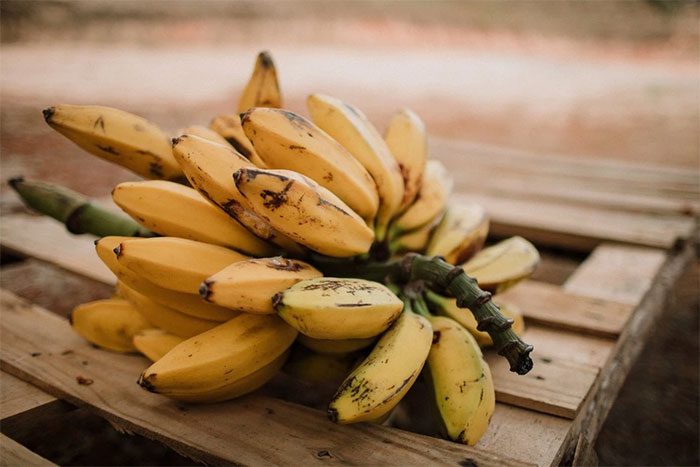
Bananas: According to Healthshots, bananas are tropical fruits and do not need to be stored in a cold environment. They should be kept at room temperature for two reasons: warmth helps the fruit ripen, and light and air slow down the rotting process. The cold temperature of the refrigerator breaks down the cell structure of the banana peel, causing it to brown quickly and accelerate spoilage.
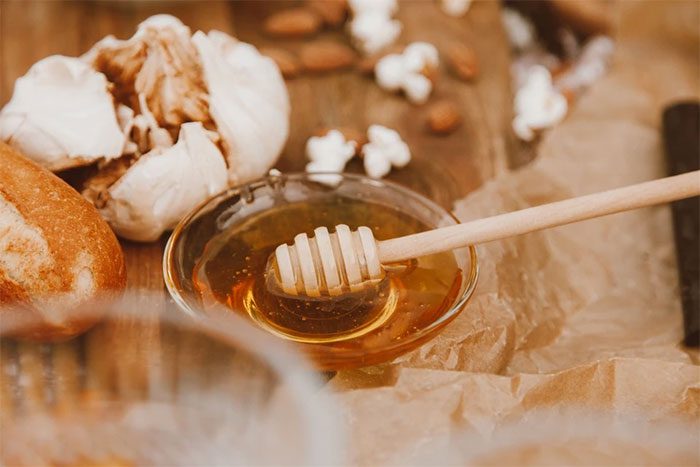
Honey: This food has a long shelf life and does not spoil at room temperature. Storing honey in the refrigerator will cause it to crystallize, making it difficult to scoop out of the jar. It is best to keep honey on a cool, dark shelf.
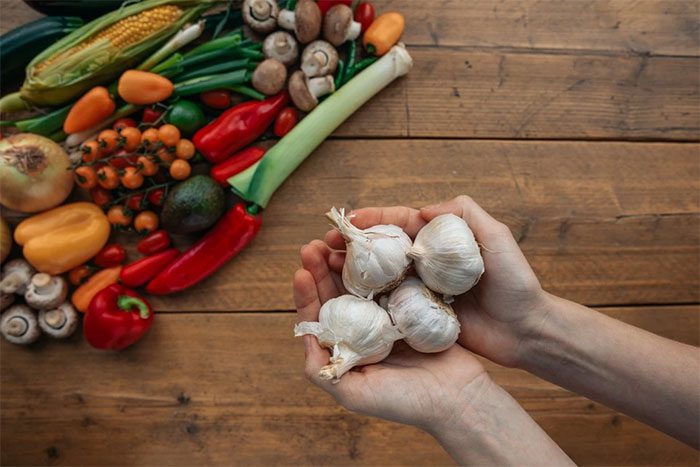
Garlic: Temperatures below 4.4 degrees Celsius accelerate the sprouting of garlic, even leading to the growth of mold that can be harmful if ingested. Cooling also causes the garlic to soften quickly and become deformed. Therefore, you should store whole garlic bulbs and unpeeled cloves in a cool, dry, and well-ventilated container. This method can keep garlic for 2-3 months. Once peeled, they should be used within 10 days.
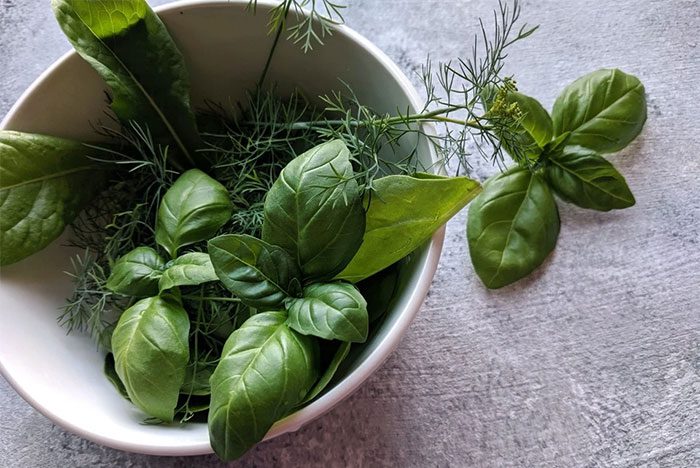
Fresh herbs: Fresh herbs are often hard to keep fresh due to improper storage. Basil, mint, rosemary, and other herbs lose flavor and dry out when stored in the refrigerator. Additionally, these vegetables absorb the odors of all nearby foods. For better preservation, you should place them on the countertop, away from direct sunlight, in a small glass with the stems submerged in water at room temperature.
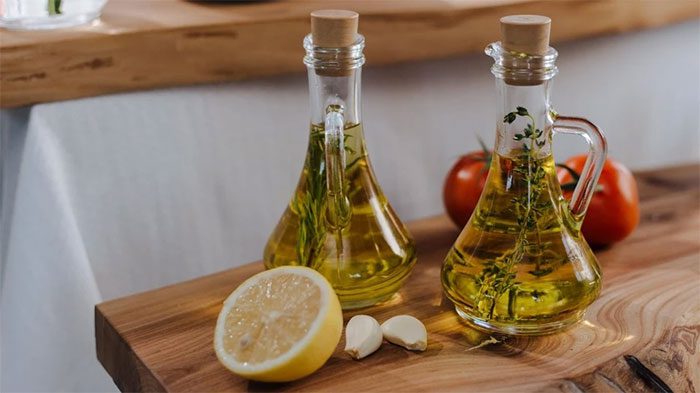
Oil: Any type of oil, whether vegetable oil, coconut oil, olive oil, or other cooking oils, will quickly solidify when stored in the refrigerator. It’s better to keep them in the kitchen on a cool, dark shelf. Seed oils are the only type that can be stored in the refrigerator.
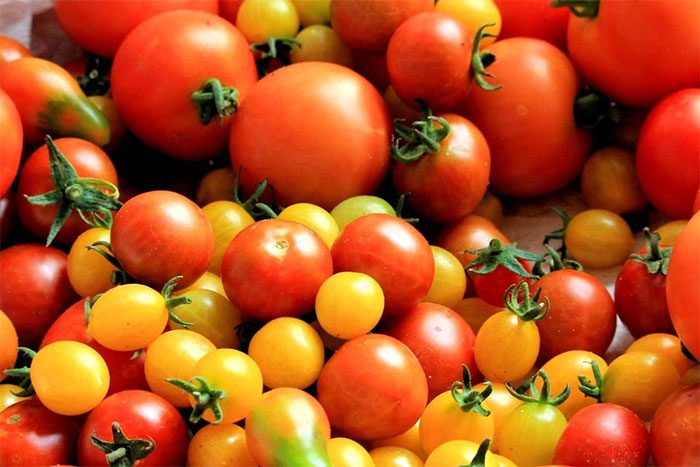
Tomatoes: The low temperatures of the refrigerator make tomatoes lose color and become mealy. Tomatoes also lose flavor, and their taste deteriorates, reducing their deliciousness. Store them on the countertop, and unripe ones can be placed on a windowsill. If they show signs of overripening, you can use them to make jam or sauce.
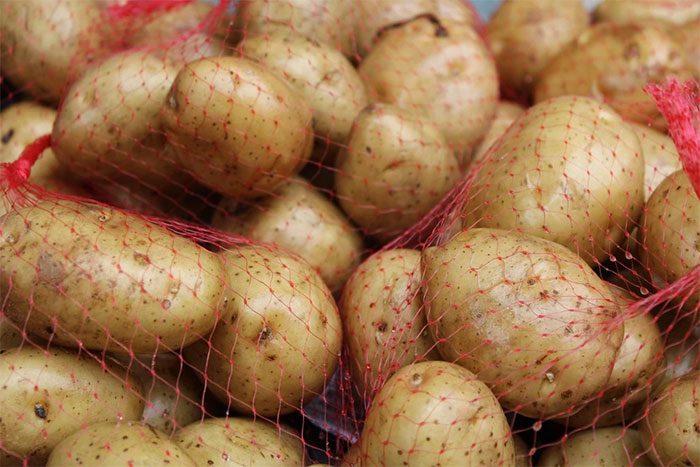
Potatoes: Cold temperatures break down the starch structures in potatoes, converting them into sugars, making them hard and changing their flavor, regardless of how they are prepared. It is best to store potatoes in a ventilated box, such as a cardboard box or an open paper bag. Be careful not to expose them to direct sunlight to prevent sprouting.
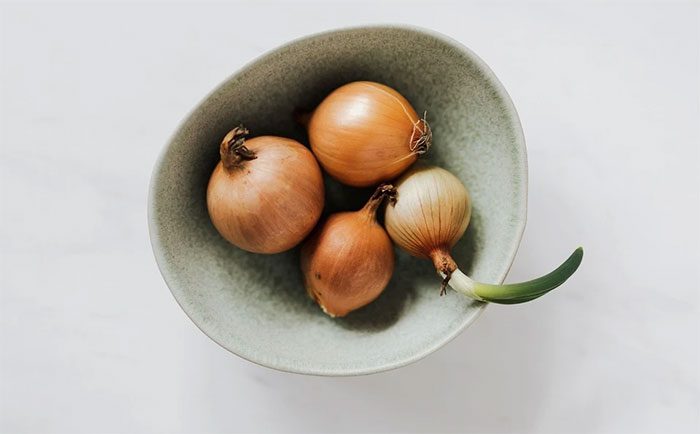
Onions: The humidity of the refrigerator causes onions to become moldy and mushy. Avoid direct sunlight, and after cutting, wrap the onion in a sealed bag and place it in the vegetable drawer. Cut onions stored in a sealed container can be used for about 2-3 days, but it’s best to keep whole bulbs in a cool, dry place, avoiding plastic bags. Additionally, do not store onions near potatoes as this will cause both to spoil faster.


















































